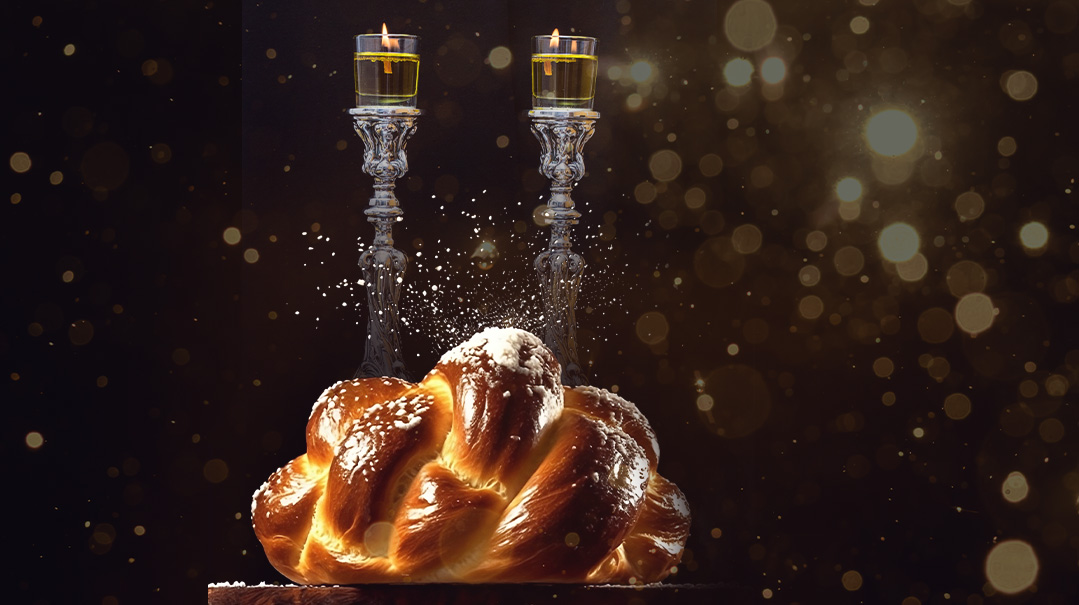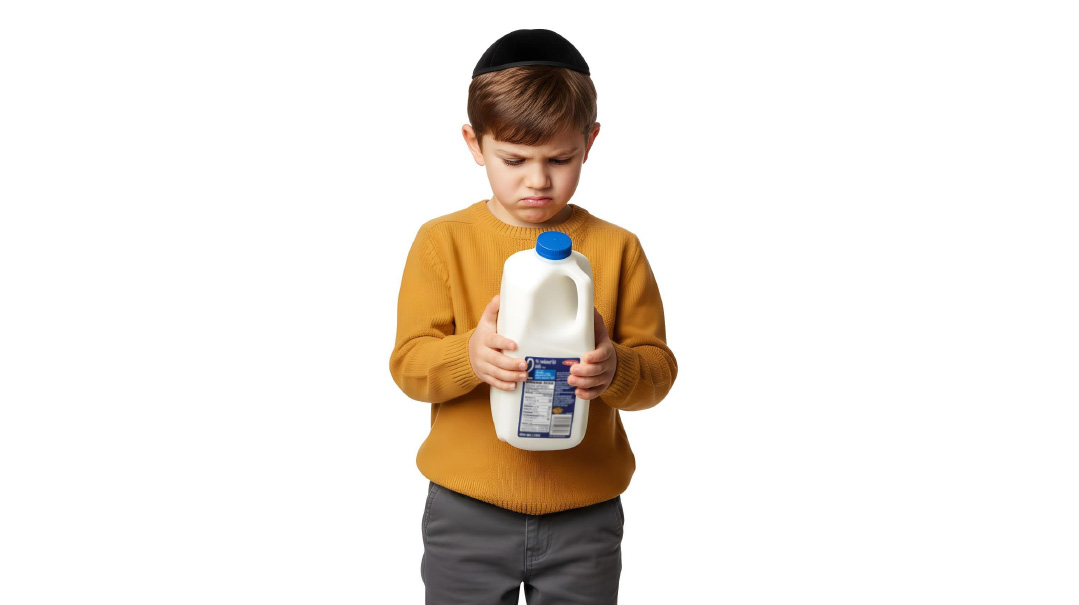A Thing of Beauty
| May 23, 2023“Your task is to write a poem. The title is: A Thing of Beauty”

T
he day was unseasonably hot, my sixth graders unusually restless. Time was somehow ticking backward. Thirty minutes before the bell was due to ring, I’d had enough. The air itself felt tired.
I rapped sharply on the desk and told my students to complete their grammar sheets for homework. I then instructed them to take out a blank piece of paper.
There was no mistaking the zing of surprise. My 22 students were caught off guard; this very much veered from the well-trodden script. Tuesdays after recess were always devoted to the intricacies of English grammar.
But hey, anything was better than parsing sentences.
I briefly glanced through an old book of poems lying in the teacher’s desk drawer and selected one at random. “A Thing of Beauty,” I intoned, “by Lee H. Richardson.”
A Thing of Beauty.
Yellow tender shoots
Bursting into blooms of sunshine
Daffodils of spring.
We’d briefly touched upon poetry I paused and tried to pump some depth into this rather lackluster piece. “This author is seeing spring — the daffodils are putting hope in her world.”
My students were silent as I continued. “You now have exactly 15 minutes to partner with the girl sitting next to you. Your task is to write a poem. The title is: A Thing of Beauty.”
I sat down.
Now, I’m the teacher who usually gives very detailed instructions, who would normally shoot out ideas, have them brainstorm out loud, go up and down the classroom advising, encouraging, and guiding the pairs until I was satisfied with the results. But on that afternoon, I just let go and let them get on with it on their own.
After the allotted few minutes, I invited the first pair to come up and share their work. Perelle and Blimie recited:
A Thing of Beauty
Rich velvet mantle
Encasing the holiest of scrolls
Accompanied with song
And their classmates all responded: “Hachnassas sefer Torah!”
The pair beamed as they confirmed it. Yes, they were describing a hachnassas sefer Torah. I was touched and told the girls that it was most definitely a thing of beauty and that they deserved ten points for originality.
I then called up a pair sitting at the back. “Reisy and Goldy, please read out your poem.”
A Thing of Beauty
Starched white tablecloth
Heavenly challos
A sense of peace.
And their classmates called out, “A Shabbos table.”
While not as sophisticated as the first pair, they had stuck to the rules of a Haiku, and a Shabbos table is very much a thing of beauty. “Good job,” I told them. “A Shabbos table in its essence is so beautiful.”
Dina and Fraidy’s theme was Torah, Chani and Chaya Leah’s was a shul, and Ruchy and Bassie described Shabbos, but from the zemiros angle. It was when Bruchy, whose partner was absent that day, recited her poem that my eyes welled up.
A cacophony of noise.
Hands holding you close.
Mess and friendship.
The class looked a little stumped. Shyly, Bruchi said, “I’m describing a Jewish family.”
I was moved to tears. My class looked on in shock as their composed, put-together teacher cried in front of them. I told them, “In two days is Shavuos, when we celebrate kabbalas haTorah. We celebrate that we’re different from all the nations of the world, a mamleches Kohanim v’goy kadosh. Imagine if I had given this assignment to any other school in this whole country, sixth graders just like you, learning English, studying for their exams. John would have written about his grandmother’s pearls and Jake about the big willow tree outside. Lucy about the crashing waves on the seashore and Amanda about her beloved puppy. And they wouldn’t be wrong. They’re all examples of beauty. But only Yiddishe kinderlach could write what you did today. The most beautiful things in this world: Torah, Shabbos, tefillah, and yes, the crown of it all: the Jewish home.”
Isn’t that the beating heart of our nation? The Jewish home?
The bell rang for dismissal. Stunned and a little amused by their very English teacher, my students slowly collected their stuff as I wished them all a wonderful day and told them, “Today you have made me so proud. Proud to be your teacher and proud to be a Yid.”
(Originally featured in Family First, Issue 844)
Oops! We could not locate your form.







